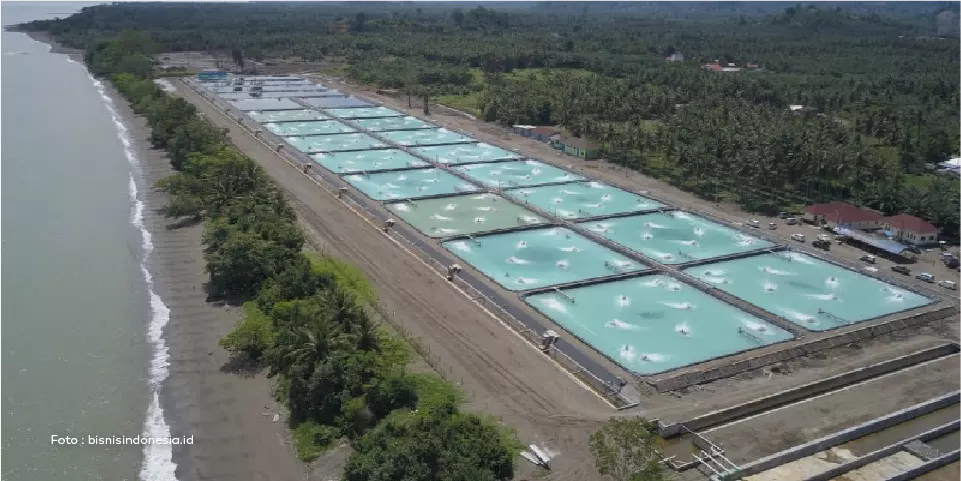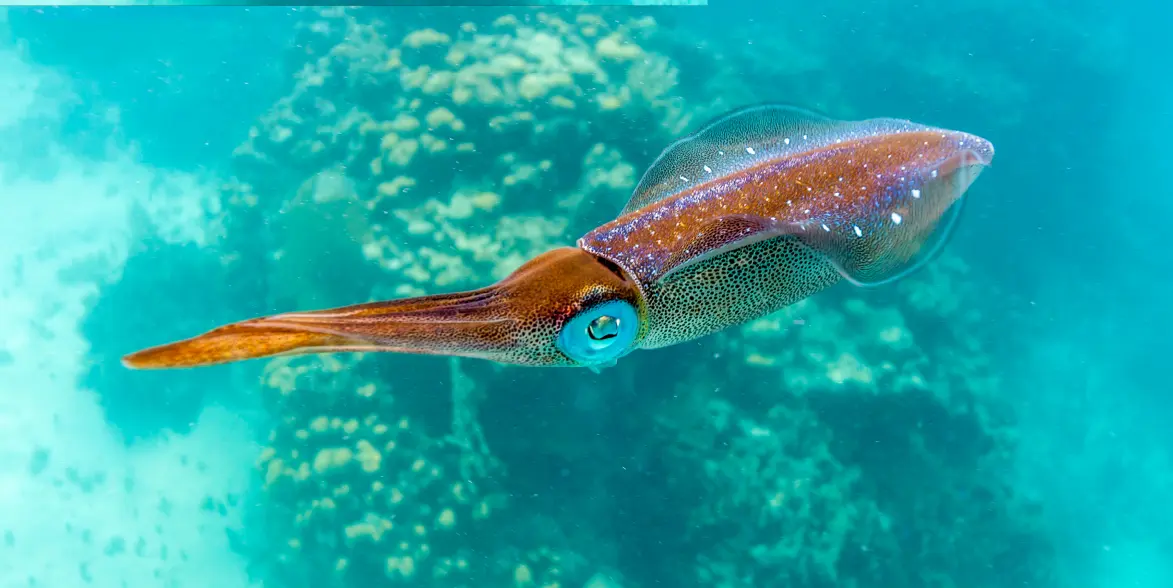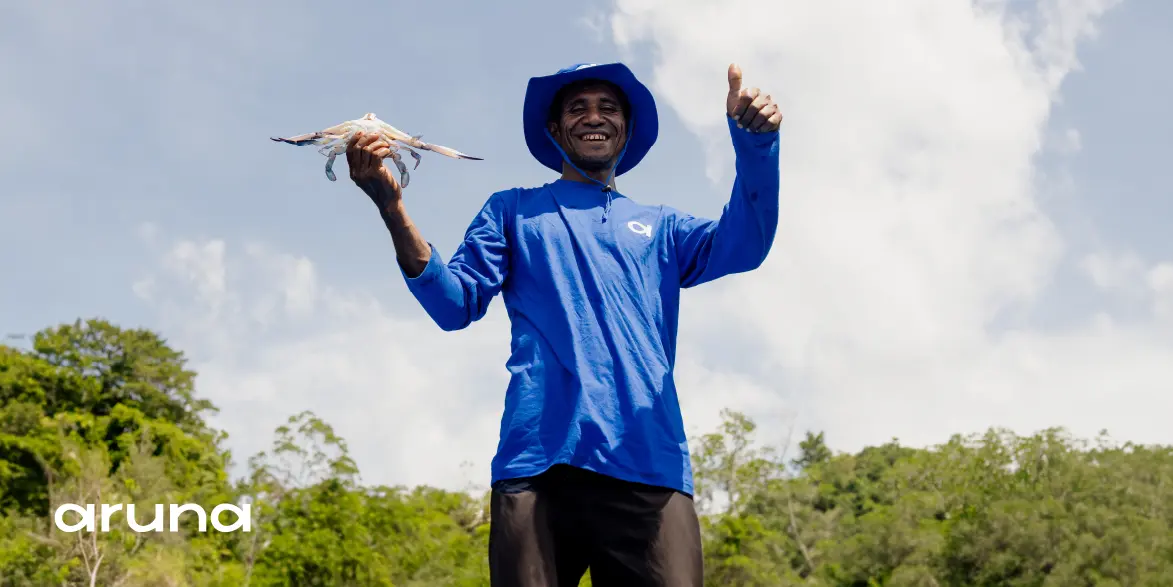Indonesia’s Ministry of Marine Affairs and Fisheries, commonly known as KKP, is increasingly demonstrating its efforts to integrate sustainability into fisheries. The recently built Modern Shrimp Farm (BUBK) in Kebumen, Central Java is KKP’s latest project and a perfect example of sustainable fishing.
Tablets Haeru Rahayu, general manager of fisheries and aquaculture at KKP, described how KKP turned this regional shrimp farm into a pilot project for other regions to follow. “We are developing a paradigm for regional shrimp farming.We will continue to fight for this. Thank goodness KKP is working with Kebumen Regency government this year. The Regent is always late,” he said.
An example of sustainable and inclusive fisheries in terms of human resources, environment and economy
From the start, KKP made it clear that it would use local technical staff and human resources from surrounding communities to operate the largest modern shrimp farm in Indonesia. The main goal of this modern farm is to show how effective sustainable wisdom can be applied and how it has a positive impact on many different areas, especially ecological and economical.
This state-of-the-art farm helps protect the environment and improve local income and community living standards. The success of this modern shrimp farm will be another concrete proof that the principles of circular economy and blue economy are implemented in the fisheries sector. In this way, the evaluation and research on the examples of sustainable fishing at the BUBK can be further deepened.
Previously less productive shrimp farming area
A shrimp farm established in Kebumen on 100 hectares of land already occupied 60 hectares of land used for the construction of various infrastructures. This area, formerly built as a traditional shrimp farm, had an irregular productivity of 0.6 tons/ha/year and had no sewage treatment plant. Thanks to the direct idea of Minister of Maritime Affairs and Fisheries Sakti Wahyu Trenggeno, the land was developed and today it is a breakthrough in the development of shrimp farming with a more modern and productive concept. The national target of 2 million tons of shrimp production is expected to be able to supply seafood suppliers in different regions in 2024.
“This is the first in Indonesia and we will build such models in many places in Indonesia. We are launching BUBK with Kebumen as the national driver,” Trenggeno said during a site visit with Kebumen Regent Arif Sugiyanto, Vice Regent Ristawati Purwaningsih, Forkompimda officials, KRT H Darori Wonodipuro, Indonesian MP for Kebumen and related officials.
Development at the initiative of the Minister of Maritime Economy and Fisheries
Minister Trenggeno also announced that the BUBK model is indeed very suitable for construction due to its modern management and the consideration of environmental sustainability and surrounding ecosystem aspects. KKP expects that BUBK will start operations in Kebumen in February 2023 and will take on no fewer than 300 direct employees. The regent of Kebumen, Arif Sugiyanto, also stated that local workers to be deployed in the future will first be trained in Jepara before being hired to manage BUBK.
Aruna, as a fishing company that attaches great importance to the application of technology and sustainability aspects, will also participate in making the Kebumen BUBK project an example of sustainable fisheries that deserves to be researched and applied to the development of the Fishing industry to be recreated. By prioritizing partnerships, one of which is through the Aruna Hub, the future of the country’s fisheries will undoubtedly benefit various sectors of society.











Leave a reply
No comments found.